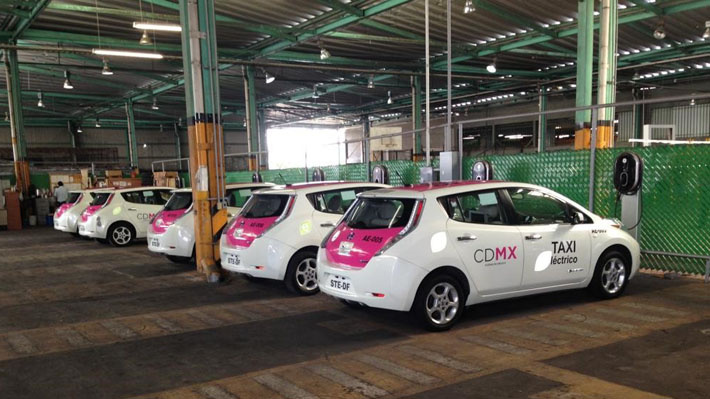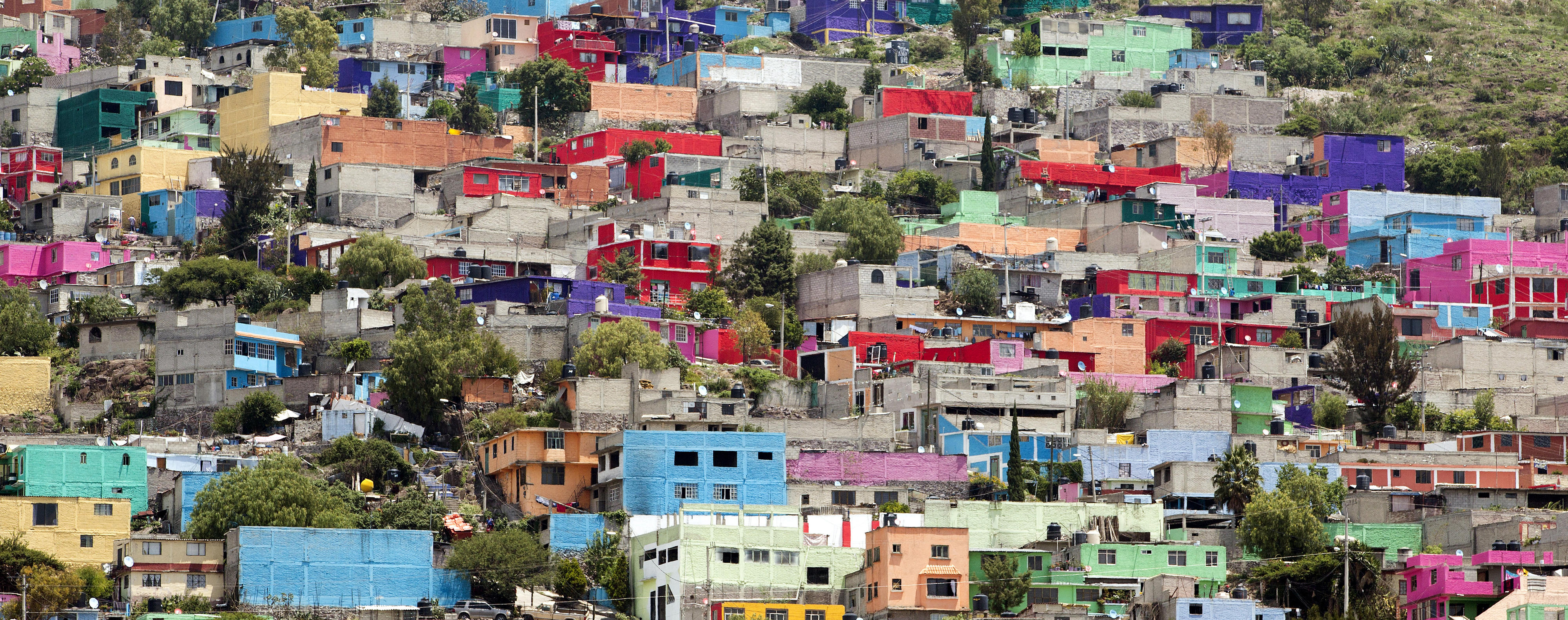View of Mexico City
Copyright© Thomas Imo/photothek.net
Mexico: Cooperation in action Improving housing and saving energy: energy-efficient construction and emissions reduction in Mexico
In collaboration with the development bank Sociedad Hipotecaria Federal (SHF), German development cooperation support is being provided for the Mexican development bank’s EcoCasa housing development programme. Funding is being provided from the Clean Technology Fund (External link) (CTF) and the European Commission’s Latin America Investment Facility (LAIF), among other sources. Germany has so far provided over 200 million euros in low-interest loans and investment subsidies via KfW since 2013.
Green housing
EcoCasas in Mexico
The programme will mobilise about half a billion US dollars in private investments. So far, more than 60,000 energy-efficient homes for more than 240,000 Mexicans have been financed in all four of the country’s climatic zones. On average, these “eco-friendly homes” use about 20 per cent less energy than conventional buildings. Some of the green houses even manage savings of up to 40 per cent.
Consequently, over the entire life cycle of the houses, EcoCasa will save more than one million tonnes of carbon dioxide emissions. At the same time, the programme is improving the lives of many people, who are now able to enjoy better quality housing. It is also helping to establish new standards for environmental protection and energy efficiency in housing construction, which are intended to be benchmarks for the Mexican housing market in the future.
Electromobility and low-emission vehicles
Electric taxis at a charging station in Mexico City, Mexico
In addition, Germany is using its development cooperation programmes to support the C40 Cities Finance Facility (External link) (CFF) jointly with the UK Department for Business, Energy and Industrial Strategy (BEIS), the US Agency for International Development (USAID) and the Children’s Investment Fund Foundation. The goal of the CFF is for cities to develop bankable infrastructure projects for reducing greenhouse gas emissions and strengthening their resilience in the face of climate change on their own.
In order to push forward the use of electric vehicles in Mexico by introducing more electric buses, the CFF is supporting an exchange of experience between Guadalajara, Monterrey, Hermosillo and other cities. This support is intended to promote the further electrification of public transport so that, in future, rapid transit bus networks covering more than 120 kilometres of routes altogether can be operated using buses that run on electricity. For this expansion the CFF is relying, among other things, on experience gained in Mexico City. The size of the cities – with more than 29 million inhabitants in total – means that significant savings in greenhouse gas emissions are possible: estimates indicate potential savings of about 150,000 tonnes of carbon dioxide. That is equivalent to the annual emissions of around 31,000 cars.
It is currently not yet possible to use electric vehicles to transport goods by road in Mexico. However, emissions have still been significantly reduced by replacing old lorries, some of which were as many as 40 years old, with new vehicles that produce far lower emissions. In collaboration with the Mexican development bank Nacional Financiera, a German development cooperation measure is currently supporting preparations to replace the fleet of lorries used to transport goods by road with electric vehicles; this will enable savings of 120,000 tonnes of carbon dioxide per year.
As at: 02/04/2024



